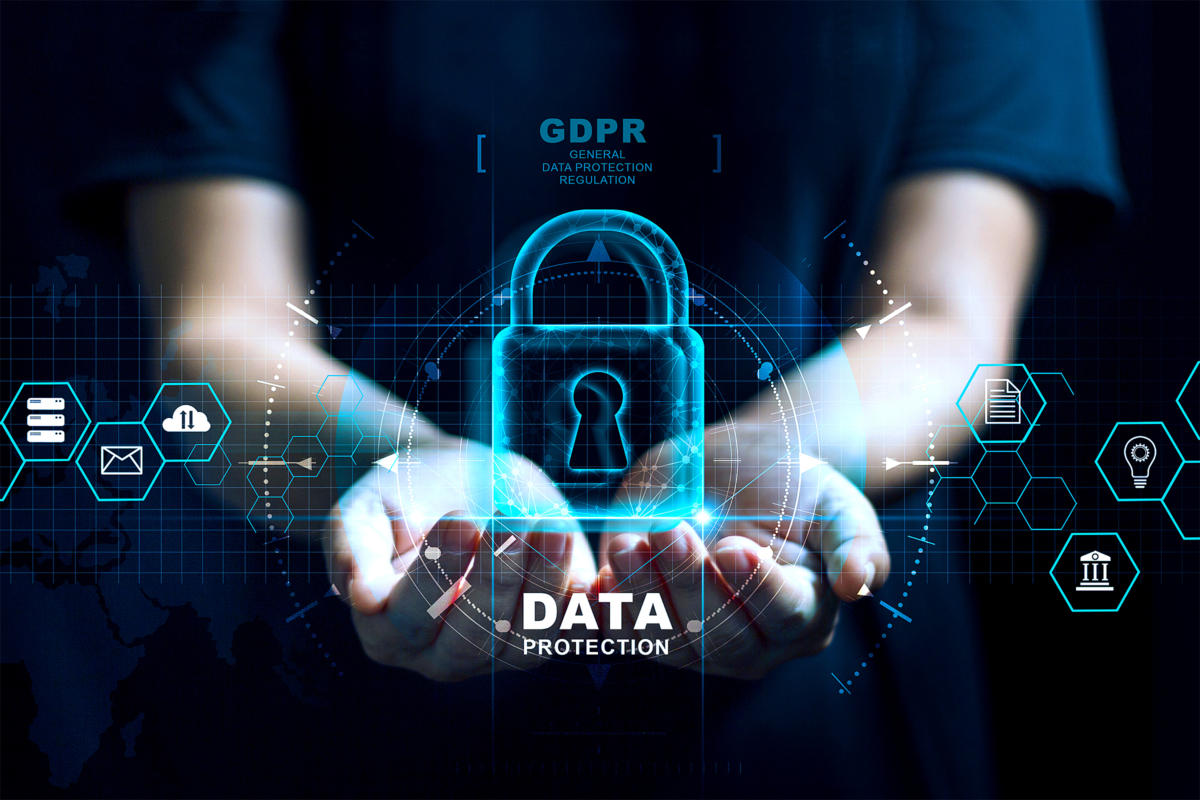In today’s digital age, protection of privacy on the internet is more important than ever. From social media platforms and online shopping websites to email services and search engines, our personal information is constantly at risk of being compromised. In this guide, we’ll explore essential tips and best practices to help you safeguard your online privacy and protect your personal data from unauthorized access and exploitation.
Use Strong and Unique Passwords
Password Security:
Create strong, unique passwords for your online accounts to prevent unauthorized access. Use a combination of letters, numbers, and special characters, and avoid using easily guessable information such as birthdays or pet names. Consider using a password manager to generate and store complex passwords securely.
Enable Two-Factor Authentication (2FA)
Extra Layer of Security:
Enable two-factor authentication (2FA) whenever possible to add an extra layer of protection to your online accounts. 2FA requires you to provide a second form of verification, such as a code sent to your phone or generated by an authentication app, in addition to your password when logging in.

Review and Adjust Privacy Settings
Customize Your Privacy:
Regularly review and adjust the privacy settings on your social media accounts, email services, and other online platforms. Customize your privacy settings to control who can see your personal information, posts, and activity, and limit the data that is shared with third-party apps and advertisers.
Be Cautious with Personal Information
Think Before You Share:
Be cautious when sharing personal information online, including your full name, address, phone number, and birthdate. Avoid oversharing on social media and be mindful of the information you provide when signing up for online services or making purchases.
Use Secure and Encrypted Connections
Encrypt Your Data:
Ensure your internet connection is secure and encrypted, especially when accessing sensitive websites or transmitting personal information. Look for the padlock icon and “https://” in the URL bar of your browser to indicate a secure connection.
Update Software and Use Security Tools
Stay Updated:
Keep your devices and software up to date with the latest security patches and updates. Use reputable antivirus and anti-malware software to protect against viruses, spyware, and other online threats.
Be Wary of Phishing Attempts
Stay Vigilant:
Be wary of phishing attempts, which involve fraudulent emails, messages, or websites designed to trick you into providing sensitive information or clicking on malicious links. Exercise caution when opening emails from unknown senders and avoid clicking on suspicious links or attachments.
Review and Delete Unused Accounts
Minimize Your Digital Footprint:
Regularly review your online accounts and delete any that are no longer in use or necessary. Unused accounts can be targets for hackers and pose a risk to your online privacy and security.
Educate Yourself About Online Privacy
Stay Informed:
Educate yourself about online privacy risks, best practices, and relevant laws and regulations. Stay informed about emerging threats and privacy issues, and take proactive steps to protect your personal information online.
Use Privacy-Focused Tools and Services
Opt for Privacy:
Consider using privacy-focused tools and services that prioritize the protection of your personal information. Look for alternatives to mainstream platforms and services that offer enhanced privacy features and transparency about data collection and usage practices.
Conclusion
Protecting your privacy on the internet requires a combination of awareness, vigilance, and proactive measures. By following these essential tips and best practices, you can minimize the risk of unauthorized access to your personal information and maintain greater control over your online privacy and security. Remember to prioritize privacy in your online activities and stay informed about evolving threats and privacy concerns to safeguard your digital identity effectively.

